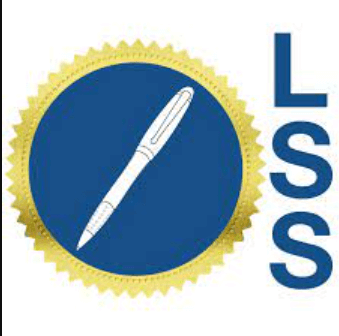In today’s fast-paced world, the loan system has become an indispensable component of the financial industry. This article will delve deep into the intricacies of this system, exploring how it operates, its significance, and the benefits it offers to lenders, borrowers, and notaries. So, let’s embark on this journey to demystify the loan signing system.
Understanding the Basics
What is a Loan Signing System?
At its core, a loan signing system is a well-organized process that facilitates the completion of loan transactions between borrowers and lenders. It involves a notary public or a loan signing agent who plays a pivotal role in ensuring the legality and authenticity of the documents involved.
The Key Players
- Borrowers: These are individuals or entities seeking financial assistance, typically to purchase a home, refinance a property, or secure a business loan.
- Lenders: Financial institutions such as banks, credit unions, and mortgage companies are responsible for providing the funds to borrowers.
- Notary Public/Loan Signing Agent: A notary public, or a loan signing agent, acts as a neutral third party who verifies the identity of the signatories, witnesses the signing of documents, and ensures compliance with state and federal laws.
The Significance of the Loan Signing System
Ensuring Legal Compliance
One of the primary functions of the loan signing system is to guarantee that all parties involved adhere to legal requirements. This includes verifying the identity of the signatories, confirming that they understand the terms of the loan, and witnessing the signing of documents.
Minimizing Errors
In the complex world of financial transactions, errors can be costly. The loan system helps minimize errors by providing a structured and standardized process for document execution. This reduces the likelihood of disputes or legal complications down the road.
The Process in Action (H1)
Preparing for the Signing Appointment
Before the actual signing takes place, the notary public or loan signing agent meticulously reviews the loan documents to ensure completeness and accuracy. They also verify the identities of the borrowers to prevent fraud.
The Signing Appointment
During the signing appointment, borrowers are walked through each document, explaining its purpose and significance. This ensures that borrowers are fully informed about the terms and conditions of their loans.
Document Notarization
The notary public or agent notarizes the documents, adding their seal and signature to validate the authenticity of the signatures.
Benefits Galore
Convenience for Borrowers
The loan system offers unparalleled convenience to borrowers by allowing them to complete the signing process at a location of their choice, often in their homes.
Time and Cost Efficiency
This system saves lenders valuable time and resources by streamlining the signing process, reducing the need for borrowers to visit brick-and-mortar locations. Read more…
Conclusion
In conclusion, the loan signing system is vital to the modern financial landscape. It ensures legal compliance, minimizes errors, and offers unmatched convenience for borrowers. This streamlined approach benefits lenders and borrowers alike, making it a win-win solution for all parties involved.
Frequently Asked Questions (FAQs)
1. Is a notary public the same as a loan signing agent?
No, while both notaries public and loan signing agents deal with document notarization, a loan signing agent specializes in loan transactions and is trained to guide borrowers through the signing process.
2. How long does a typical loan signing appointment take?
The duration of a loan signing appointment can vary, but it usually takes around 30 minutes to an hour, depending on the complexity of the loan documents and the number of questions from borrowers.
3. Are there any specific qualifications for becoming a loan signing agent?
Yes, becoming a loan signing agent typically requires completing a training program and passing an exam. Additionally, notaries public can specialize in loan signings with additional training.
4. Can loan signing be done remotely?
Many loan signings are now conducted remotely, allowing borrowers to sign documents from their preferred location. This has become more common with the advancement of technology.
5. What happens if there is an error in the loan documents after signing?
If an error is discovered after signing, it may require legal intervention to rectify. It’s essential for borrowers to carefully review loan documents before signing to minimize such occurrences.

